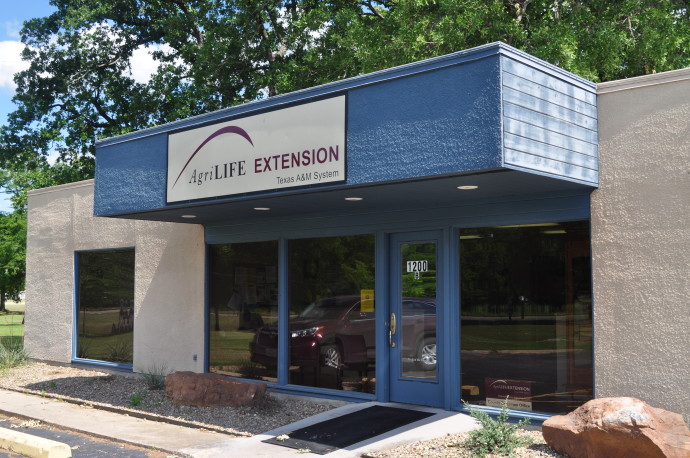
Aphids suck plant sap from leaves, stems or even roots of plants. Most are very host-specific, meaning they feed on only one or a few related kinds of plants. Therefore, there is usually little danger they will move to other, different kinds of plants. If wilting is apparent, or the sticky honeydew (aphid droppings, may result in plant covered with black sooty mold) become a problem, control with insecticides labeled for aphid control.
Otherwise, leave them alone and watch nature take its course with predators and parasitoids coming in to feast on these pests. Among the choices for control, insecticidal soaps and horticultural oils are good, low-impact options for these insects. Be sure to spray leaf undersides and contact the aphids directly, for these sprays only kill on contact. Bayer Advanced Tree & Shrub, or other product containing imidacloprid, can be an effective aphid control, but it may take a month for results to become apparent.
Dr. Carlos E. Bográn, previously an Associate Professor & Extension Specialist with the Texas A&M AgriLife Extension Service, commented: “I also suggest trying high pressure water sprays to wash out the aphids and the heaviest wax accumulations to facilitate foraging by ladybeetles and other predators and clean up the plants. Some time ago I helped with a research program trying to evaluate the effects of several factors on the growth of oaks. Young oak trees were field planted under different shade and rain exclusion conditions. We had high natural infestations of oak woolly aphids that year but the ones protected from rain had much more aphids, sooty mold and aesthetic damage than unprotected oaks.”
Coming Up:
NETLA Steer and State Heifer Validation- October 11, 2018- Dairy Health Services- $30 6:00 to 7:00
NETLA Goats and Lambs Validation- October 18, 2018- Regional Civic Center (back).
Field Day for Producers and Grasslands Managers- October 26, 2018- Free
DOPA Training- Southwest Dairy Museum, October 31, 2018- $10.
Basic Tree Care Training- November 1, 2018, 6:00 PM $10.
Private Applicator Credits- Regional Civic Center- November 7, 2018- $30 10:00 AM
Produce Safety Alliance Grower Training- November 14, 2018- $40 8:30 AM
For more information on this or for registration contact the Hopkins County Extension Office at 903-885-3443.






